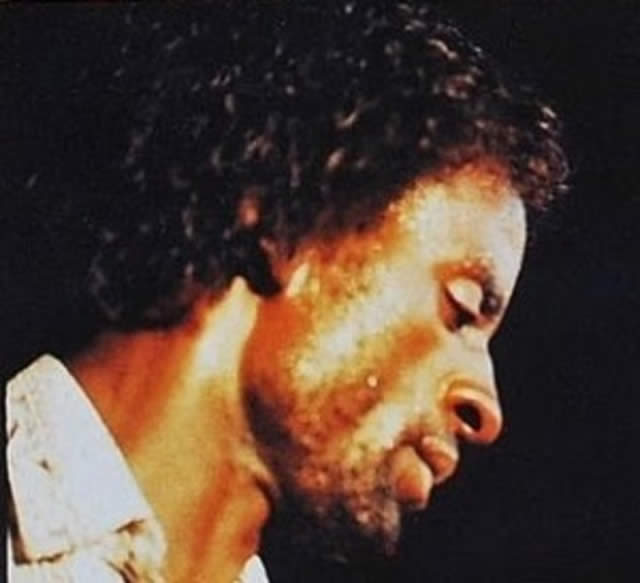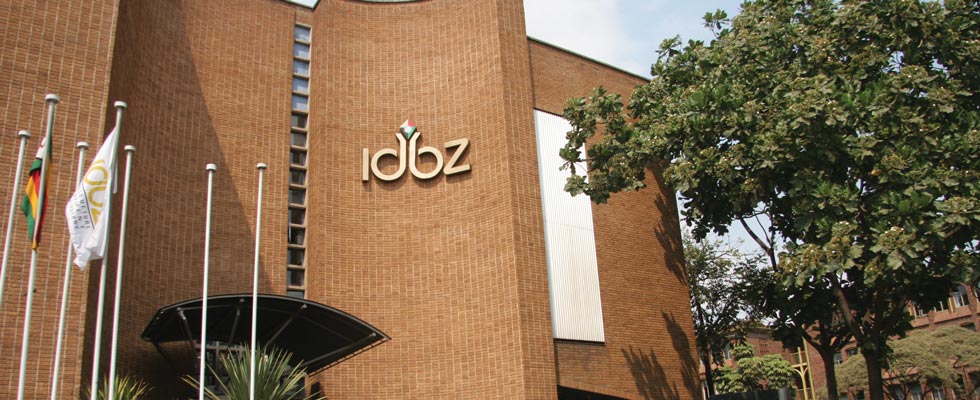What happened to Chibadura’s songs?

Fred Zindi Music Column
Last week on Sunday the Tongai Moyo memorial concert which was held at the Harare Gardens where artistes such as Slizer, Alick Macheso, Beverly Sibanda, Zoey, Peter Moyo, Charma Girl, Tocky Vibes among others, thrilled the thousands of music fans who had graced the occasion. When I watched and listened to Peter “Young Igwe” Moyo, Tongai Moyo’s son perform, my thoughts went to all the children of departed great musicians and I started wondering how they were faring. Those who came to mind the most were Morgan and Tendai Dembo. At some point, it looked as if these brothers’ success was going to be more than a flash in the pan. Then there were reports of misunderstandings among the brothers. One of them became a drunkard and that was the last I heard about them. They seem to have disappeared from the music scene since then.
Another thought went to John Chibadura’s sons Knowledge, Simba and Richard who are now well in their thirties.
Two years ago, I was approached by Knowledge and Simba who invited me to listen to them at rehearsal and they also asked me to become their manager. They said they wanted me to assist them to reclaim their father’s legacy. After all I had worked with John, their father, whom I took on tour of the UK and the Netherlands in the early 1990’s. When they made this request, I did not sense any inkling of success in them although they were upbeat about reviving their father’s music career and take it even further.
I told them that I was too busy to handle such a task but I wished them the best of luck. They were disappointed.
When their father died and lost his 29 Chisvo Road, Chitungwiza house, John’s six children, Richard, Knowledge, Simba, John Junior, Munyaradzi and Melissa went to live with their mother at her rural village in Domboshawa. It was then that the children thought that the only way to uplift their livelihood was to follow in their father’s footsteps musically. After all Sulumani, TrysonChimbetu, Peter Moyo, Tendai and Morgan Dembo and other fallen musicians’ children were doing it. They had a couple of shows in Domboshava, but without a successful album to back their shows, the future became uncertain. Today we hardly hear about the Tembo Brothers or John Chibadura’s sons in concert and we are not sure what these boys are doing for survival.
John’s band was affected by many deaths during his last days before his own death. First, it was Charles the bass player then Bata Sintirao the rhythm guitarist. I do not know what has happened to his cousin, Douglas, who was also a member of the band but I have bumped into Innocent Makoni, the backing vocalist and Manyowa, the dancer a few times. Innocent says he has given up music now and is doing “kiya kiya” somewhere in Mbare.
The band John Chibadura and the Tembo Brothers was formed in 1985 and immediately drew attention on account of Chibadura’s intense voice and achingly poignant lyrics. Although their sungura beat was fast and furious, John’s songs often told of downbeat misery, broken families, excessive dowries in “$5 000 Dollars Kuroora” and wasted opportunities. The sorrowfulness of the lyrics notwithstanding, the Tembo Brothers enjoyed a massive following among Zimbabweans and Mozambicans, where songs like “Zuva Rekufa Kwangu”, “5,000 Dollars Kuroora” and “Nhamo Yatakawona” became big anthems.
Before his death on the 4th of August, 1999, John Chibadura wrote the song, “Zuva Rekufa Kwangu”. Everyone on this earth is assured of dying some day, but I remember asking John, when he penned that song in reggae, a genre which was different from his usual sungura beat, “ Why are you predicting your own death? Are you about to die?” He did not give me a definite answer. However, I was the first DJ to play that song on Radio 3’s reggae session one Thursday night and after that, the whole nation went crazy. The paroxysm of Chibadura-mania began then as I continued to receive non-stop requests for the song.
John “Chibadura” Nyamukokoko was born in 1957 in Guruve, Zimbabwe. His father and mother were itinerant farm labourers from Mozambique. In 1962, at the tender age of five, John lost his mother and his father re-married a woman who was tough on John. Because he had a hard time with his step-mother, John was eventually forced to go to Centenary to live on a farm with his grandfather who was a talented mbira player. Unfortunately his grandfather also died three years later. From then on, John continued to live a nomadic life when he was passed from one relative to another.
In 1968, while in Centenary on a farm, he started to learn playing the banjo. The following year, there was a serious drought in Zimbabwe, and John, in search of further education and survival walked from Centenary to Darwendale where he settled at a farm called Wagon Wheels. He worked at the farm as a tractor-driver and lorry driver while attending school. He quit school after form 3. It took John another ten years before he made the move that was designed to realise the dream of becoming the cherished musician he became.
He moved to Chitungwiza where he was soon to become popularly known as “Mr Chitungwiza”, after the name of the town.
Through his music, John soon became a household name. He initially formed a group with Simon and Naison Chimbetu called The Sungura Boys, but soon after Independence in 1980, he formed his own group known as The Tembo Brothers with whom he churned out some memorable albums such as “Vengai Zvenyu”, “Hupenyu Hwandinetsa”, “Sara Ugarike”, “Sango Rinopa Waneta”, “Pitikoti Government”, “Ndiri muhondo”, “Mune Majerasi”, “Mutumwa”, “Madiro”, “Kugarika Tange Nhamo”, “5000 Dollars Kuroora”, “Kurera”, “Zuva Guru”, “Mudzimu Wangu”, “Munhu Haana Chakanaka” and many more over the years.
These are the songs Knowledge and Simba hoped to revive, but something went wrong and the revival ambition never saw light of day.
John toured the United Kingdom and the Netherlands in the early 1990s. He also toured Mozambique where he was so popular that he only played in stadiums where his audiences at some point exceeded 40 000. In Mozambique he was often met by President Chisano. Though most of his life was spent in Zimbabwe, Mozambique regarded him as a long-lost son and when in the country he would be ferried to concerts by the presidential helicopter.
Chibadura was a nickname meaning roughly “the man who can do”, or “the man who is the best and can beat all odds”.
Despite this apparent success, John died without a penny to his name but his legacy lives on as today’s musicians are riding high on Chibadura’s coat-tails. One such artiste is popular dancehall artiste King Shaddy of “Letter to Amai Huni” fame. King Shaddy has done a dancehall tribute to John Chibadura in the latter artiste’s song, “Zuva Rekufa Kwangu”, a tune which Power FM’s DJ Chilli, aka HazvineiSakarombe, finds difficult to resist up to now.
In 2013 King Shaddy said that he intended to do a show in Chitungwiza with other artistes in memory of the late “Mr Chitungwiza” as the late Chibadura was known. I am not sure whether that show took place but King Shaddy had promised to donate all proceeds from the show and royalties from the tracks to the Chibadura family. What a good Samaritan!
Feedback: [email protected]










Comments